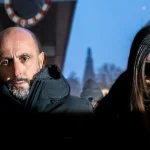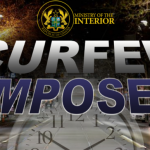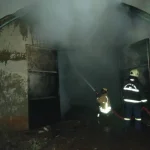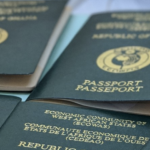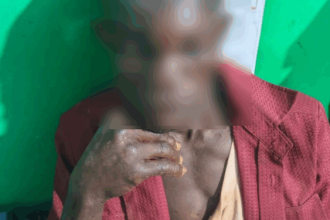Over 20 journalists drawn from the country’s print, broadcast, and online press have received a two-day training in fact-checking.
The training was organised by the West African fact-checking and verification organisation DUBAWA, with funding from the US Embassy in Ghana.
The two-day residential training in Accra was to equip the selected journalists with the skills and tools needed to cross-check facts, especially in the era where social media makes fake news easy to circulate.
Also, journalists received knowledge on information disorder, actors and techniques of mis/disinformation and mal-information, fake news and the law, and how the Right to Information (RTI) law can be used to their advantage.
Country Lead for Dubawa Ghana, Caroline Anipah, believes journalists are key stakeholders or players in the country; thus, they need constant training and education to help their practice.
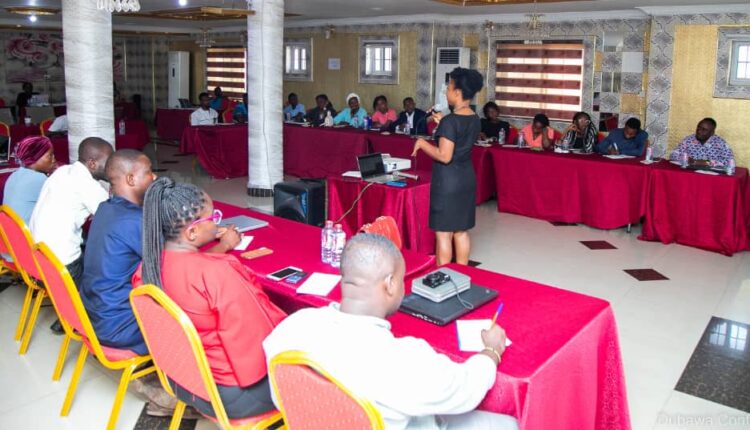
“Over the last couple of years, we realised that training for journalists hasn’t been distributed fairly. When the training happens, you often see the same faces over and over again; people who are handpicked. People who fail to utilise what has been taught simply because they didn’t, out of their own volition, apply to be here. In the end, there is no motivation to carry what has been taught forward.
“As an organisation, we decided to open it up and let people interested apply, so that means they are motivated and will buy into the vision to practice what they have been taught here,” she explained.
Charge D’Affaires of the US Embassy Nicole Chulick said it was a great pleasure for her outfit to support journalists’ training programmes across the country.
She indicated that a well-informed public starts with a well-trained press corps, ready to analyse and explain the policy issues of the day and, when necessary, hold private citizens and government officials accountable.
“You play an important role in our society and our public policy. Who else can hold the government to account? Who else can help the public understand the impact of potential policy changes? Who else can elevate personal stories so that the community understands and responds to problems?
“It’s been said that we’re living in a post-truth world. I disagree. We are, perhaps, living in a world where the truth is being questioned and dis- and mis-information are rampant. We saw rampant misinformation during COVID, and we’ve seen its deadly effects. So, your role has never been more important,” she stressed.
A lawyer and lecturer at the Ghana Institute of Journalism (GIJ), Tanko Zakaria Musah, who was one of the facilitators, also admonished journalists to be abreast of the provisions of the Right to Information (RTI) law, as this will help them access information from public officers and hold them accountable.
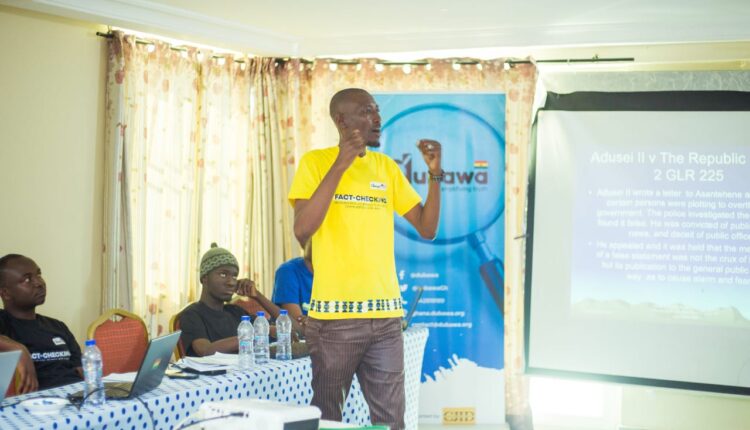
He urged journalists to be guided by the journalistic and DUBAWA codes of ethics that advocate fact-checking to avoid republishing and spreading fake news.
Adding his voice, the Editor of DUBAWA Ghana, Nathan Gadugah, warned journalists to be mindful of periods when false information or fake news is at its peak.
“Mostly, people take decisions based on the information they receive. So if the information is false, their action will be based on the false information. For instance, there is much fake news on social media during election periods about a political opponent.
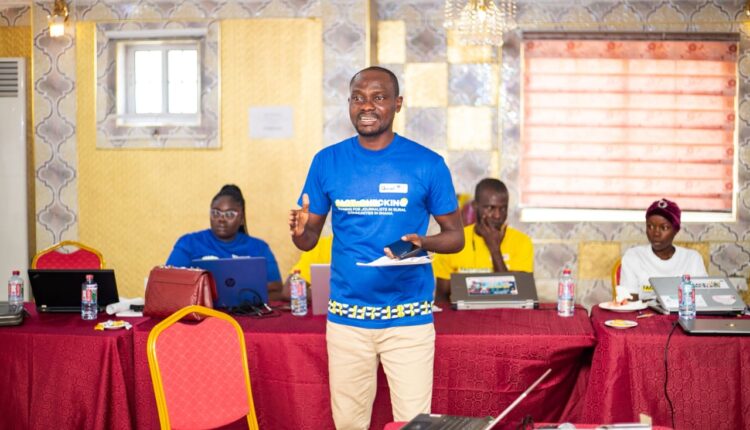
“So, if the political candidate gives out false information, the people will vote based on that and, certainly, this would not augur well for the country,” he said.
Some participants also shared their experiences with theghanareport.com after participation in the training.
A radio host at Uniiq and Obonu FM, Mavis Naa Korley Aryee, said the training has been enlightening, adding that it reminded her of her duty to advocate for change and provide education to the masses.
“For me, it is a necessity as one who shares information with an audience. It served as a refresher to examine the ethics involved in using the media to advocate for change and educate the masses.
“The critical one has to do with being exposed to the tools to assist in fact-checking multimedia content. Thus, an intense verification of images and videos circulated mostly on social media because those have become part of the sources of information.
“It was enlightening to have been part of the capacity building. I think not only journalists need to know this but a lot more people in the bid to create a more sanitised society devoid of information disorder,” she said.
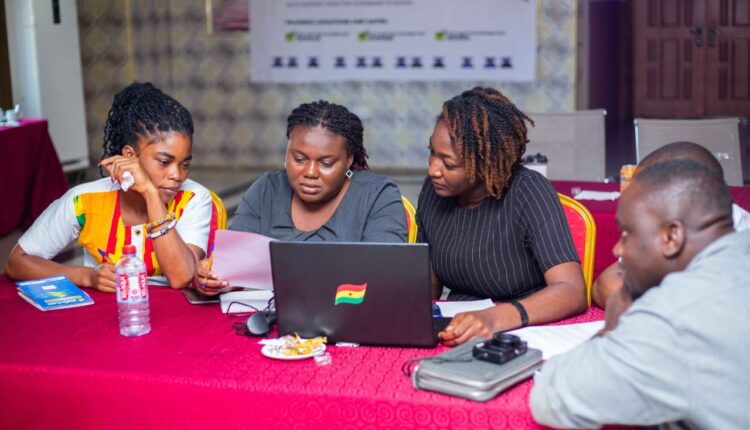
Benedicta Ackney, a reporter from FOCUS 1 Media, also said the training was impactful because it increased her knowledge about skills and tools used in fact-checking.
Benedicta said this would help her day-to-day operations as a media practitioner to churn out the right information for her audience.
A journalist with Avenor TV, Benard Rhussia Worlali Awumee, said the training has been very educative and helpful and will impact his journalism work to report nothing but the truth only.
Participants were selected from the Volta, Eastern, Western, Western North, Central and Greater Accra Region.
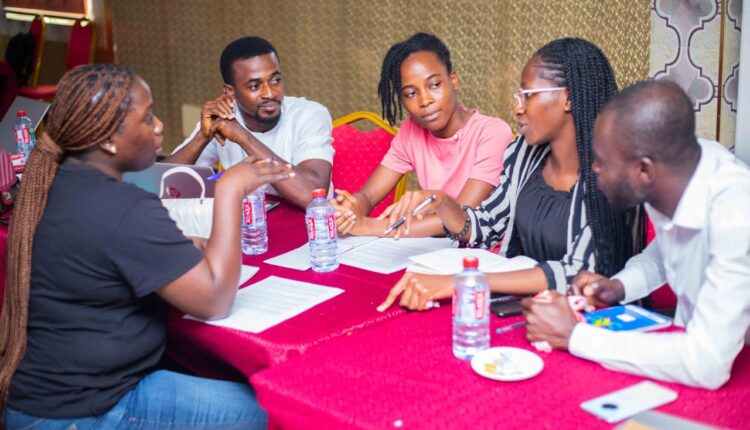
The second part of the training programme is a three-month-long mentorship program that will focus on nurturing the fact-checking skills of selected journalists and assisting them in establishing fact-checking desks in their media organisations.
About DUBAWA:
DUBAWA is a West African independent verification and fact-checking project initiated by the Centre for Journalism Innovation and Development (CJID) and supported by the most influential newsrooms and civic organisations in West Africa.
Dubawa’s mission statement is to institute a culture of truth and verification in public discourse and journalism through strategic partnerships between the media, government, civil society organisations, technology giants and the public.
They believe factual information enables people to make more informed choices in a democratic society and on other public interest issues. Therefore, providing verified information will likely promote good governance and accountability.
It has a presence in Nigeria, Ghana, Sierra Leone, Liberia and Gambia.



